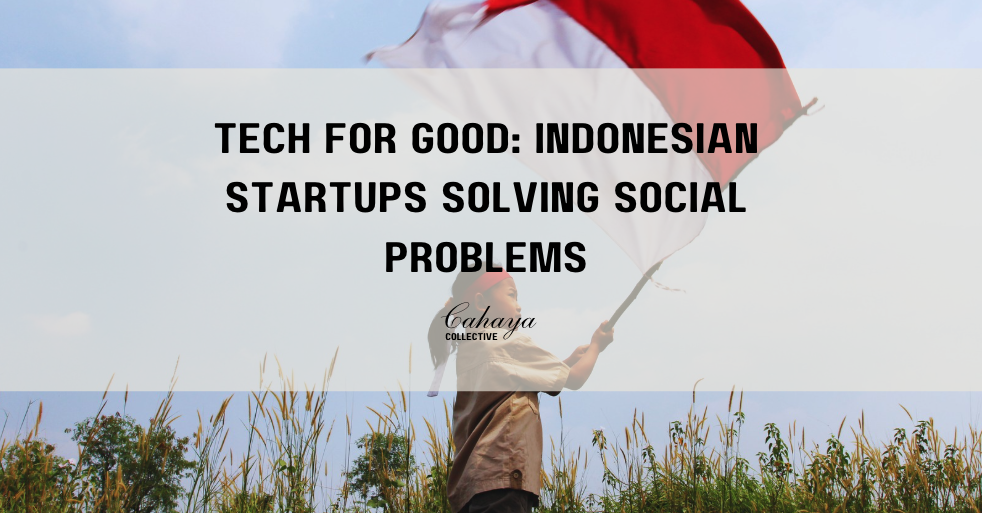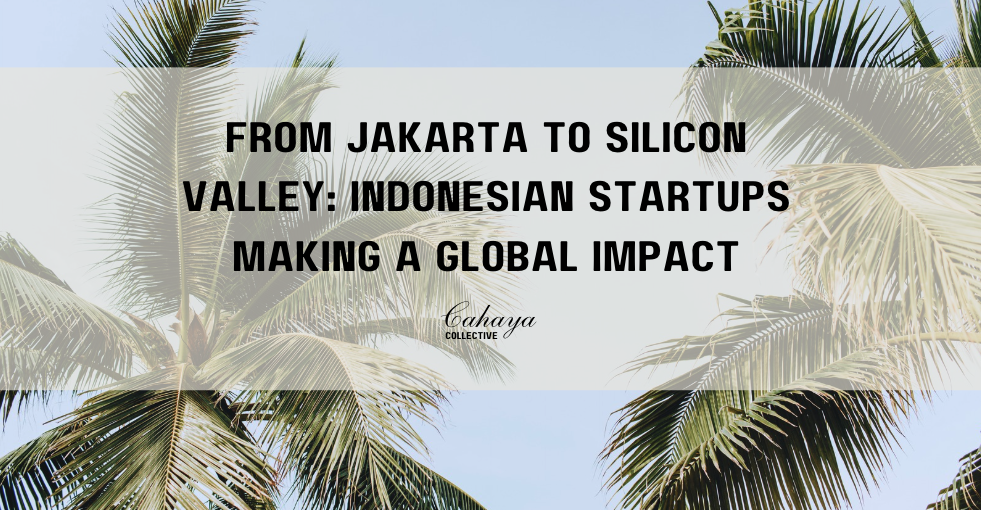
How AI can Transform Indonesia’s Traditional Industries Part 2
Indonesia’s government has recognised the transformative potential of artificial intelligence (AI) and is taking proactive steps to integrate AI into the nation's development agenda. The launch of the National AI Strategy (Stranas KA) in 2020 marked a significant milestone, aiming to position Indonesia as a competitive player in the global AI landscape by 2045. This strategy focuses on five critical areas: health services, bureaucratic reform, education and research, food security, and mobility. By prioritising these sectors, the government seeks to create a holistic AI ecosystem that supports both public and private sector growth.
AI Centres of Excellence
To catalyse AI-driven innovation, the government is establishing AI Centres of Excellence across the country. These centres serve as collaborative hubs where businesses, startups, academic institutions, and researchers can work together on AI projects. They provide essential resources such as high-performance computing facilities, funding opportunities, and specialised training programs. By fostering a culture of innovation, these centres aim to accelerate the development and deployment of AI technologies in various industries.
Industry 4.0 Initiatives
As part of the broader Making Indonesia 4.0 roadmap, AI adoption is being promoted to enhance the country's industrial sector. This initiative focuses on integrating smart technologies, including AI, into manufacturing processes to boost productivity and competitiveness on a global scale. Key aspects of this initiative include:
-
Smart Factories: Encouraging manufacturers to adopt AI-driven solutions for supply chain management, predictive maintenance, and quality control.
-
Incentives for Innovation: Providing tax breaks and financial incentives to companies investing in AI technologies.
-
Public-Private Partnerships: Collaborating with leading technology firms to pilot AI projects and share best practices.
These efforts aim to transform traditional manufacturing into a more efficient and agile sector, capable of meeting the demands of the modern economy.
Funding and Investment in AI Startups
Recognising the role of startups in driving innovation, the government has launched various funding programs to support AI ventures. Agencies like Indonesia’s Creative Economy Agency (BEKRAF) and Indonesia’s Investment Coordinating Board (BKPM) offer grants, seed funding, and investment matching services to AI-focused startups and SMEs. Additionally, these agencies are actively working to attract foreign investment by showcasing Indonesia as a burgeoning AI hub.
Educational and Training Programs
To address the skills gap in AI, the government is investing heavily in education and training initiatives. Partnerships with universities and technical institutions have led to the development of AI-centric curricula. Key programs include:
-
Scholarships and Grants: Offering financial assistance to students pursuing AI-related degrees.
-
Vocational Training: Collaborating with industry leaders to provide hands-on training and certification programs.
-
Upskilling the Workforce: Implementing continuous learning programs for professionals to keep pace with AI advancements.
These efforts aim to build a robust talent pool capable of driving AI innovation and implementation across various sectors.
Regulatory Framework and Ethics
The ethical use of AI is a top priority for the Indonesian government. To ensure responsible AI development, the government is crafting a regulatory framework that addresses key issues such as data privacy, security, and algorithmic transparency. Proposed policies include:
-
Data Protection Laws: Strengthening regulations to safeguard personal and corporate data.
-
AI Ethics Guidelines: Establishing standards for the ethical use of AI, including fairness, accountability, and transparency.
-
Public Awareness Campaigns: Educating citizens about the benefits and risks associated with AI technologies.
By building a strong regulatory foundation, Indonesia aims to foster public trust and ensure that AI technologies are deployed in a manner that benefits society as a whole.
Collaborative Efforts
International collaboration is a cornerstone of Indonesia’s AI strategy. The government is forging partnerships with countries known for their technological prowess, such as Japan, South Korea, and the European Union. These collaborations involve:
-
Knowledge Exchange: Sharing best practices, research findings, and technological innovations.
-
Joint Research Projects: Partnering with international universities and research institutions to explore new AI applications.
-
Investment Opportunities: Encouraging foreign investors to participate in Indonesia’s AI ecosystem through joint ventures and strategic alliances.
Such collaborative efforts are designed to enhance Indonesia’s AI capabilities and integrate the country more deeply into the global tech community.
Conclusion
Through a combination of strategic initiatives, educational investments, and regulatory measures, the Indonesian government is laying a solid foundation for AI-driven growth. These efforts are not only transforming traditional industries but also positioning Indonesia as a key player in the global AI economy. By fostering innovation, building infrastructure, and ensuring ethical practices, Indonesia is poised to harness the full potential of AI, driving economic progress and improving the quality of life for its citizens.


